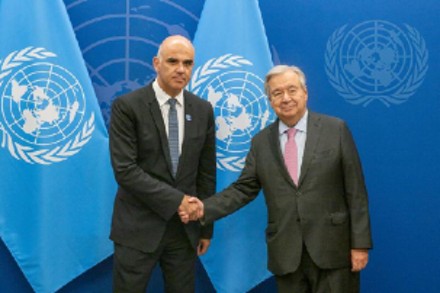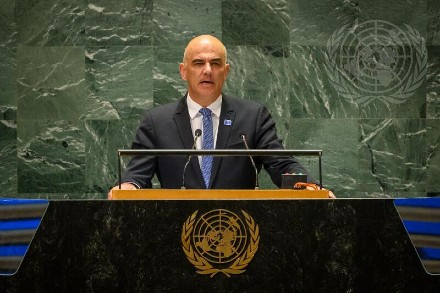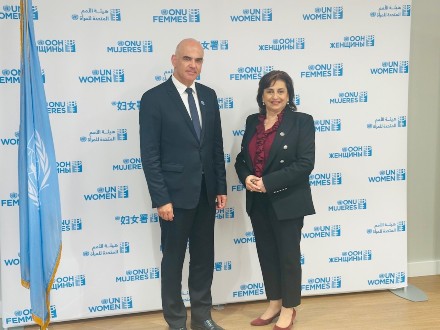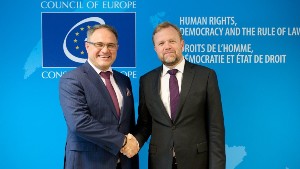External relations of the Council of Europe cover co-operation with:
- other international organisations and institutions; and
- non-European states.

At their 4th Summit held in Reykjavik on 16-17 May 2023, Heads of State and Government of the Council of Europe committed to strengthening the role of the Council of Europe in the European multilateral architecture and in global governance by enhancing its external dimension:
[…] “United in our vision for the Council of Europe
Russia’s war of aggression against Ukraine has forced us to re-evaluate how we can best respond to the challenges facing us within Europe’s multilateral architecture and the international rules-based order. We therefore commit to strengthening the role of the Council of Europe in the evolving European multilateral architecture and in global governance by enhancing its external dimension, through its liaison offices and through a new engagement based on its core values with democracies in the world and its southern neighbourhood. […]
Reykjavík Declaration - United around our values
The main vectors of this global outreach are first and foremost Council of Europe instruments and bodies open to non-European states and/or international organisations, via accession or other forms of participation. Relations are generally demand-driven, subject to approval of the relevant Council of Europe authorities and, where relevant, subject to financial obligations.
At present, more than 100 non-European states are Parties to Council of Europe treaties or participants in other Council of Europe instruments. A number of non-European states also have institutionalised bilateral relations with the Council of Europe’s Committee of Ministers, Parliamentary Assembly and/or Congress. Observer status is the only available status open, at Committee of Ministers’ level, for non-European states which cannot become members.
In addition, the Council of Europe has relations with around 100 international organisations/international bodies. Most of these relations are based on framework co-operation agreements and/or various sectoral agreements with their individual components. Amongst all these international organisations, the EU, the UN and the OSCE remain Council of Europe key partners.
The Directorate of Political Affairs and External Relations (DPAER) has an overall responsibility for cooperation with other international organisations and non-members States and is the main contact point for the Council of Europe external partners. It assists and advises the Secretary General and the Organisation’s statutory organs, other bodies and Secretariat departments on issues affecting the Council of Europe’s external relations.
New York, 26 September 2024

Secretary General meets Mr António Guterres, UN Secretary General
New York, 26 September 2024
New York, 22 September 2024

Secretary General addresses the Summit of the Future
New York, 22 September 2024
New York, 27 September 2024

Secretary General meets Ms Sima Bahous, Executive Director of UN Women
New York, 27 September 2024
Strasbourg, 4 October 2023



